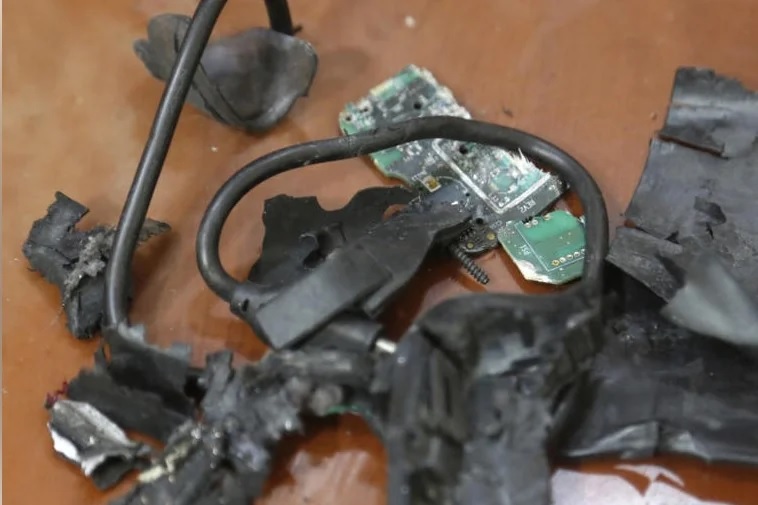
International law and the use of mobile devices as weapons
Recent explosions involving communication devices in Lebanon, particularly among Hezbollah strongholds, have raised significant questions regarding the context of international law. At least 37 individuals have been reported killed, with over 3,000 injured as tensions escalate in the region.
Pagers, commonly used by Hezbollah—designated as a terrorist organization by the EU, the United States, and others—were reportedly targeted. Unlike cell phones, pagers do not allow for geolocation, which has made them a favored communication tool for the group. An investigation has been initiated in Taiwan concerning the manufacturer of these devices, following claims by The New York Times that the Israeli intelligence service inserted explosives into pagers ordered by Hezbollah.
As of now, the Israeli government has not commented on the explosions or claimed responsibility for them. Conflicting reports have emerged regarding the involvement of a Bulgarian company in the manufacturing process, which has been denied by Bulgarian authorities.
Helmut Aust, a professor of international law at the Free University of Berlin, stated that determining the nature of the conflict is crucial for assessing legality under international law. He noted the complexities of distinguishing between international and non-international armed conflicts in this situation, particularly given Hezbollah's status.
Israel has asserted its right to self-defense following Hamas's attacks from Gaza that began on October 7. However, questions remain about whether this right extends to actions against Hezbollah, which is backed by Iran. Aust emphasized that the right to self-defense pertains to ongoing armed attacks.
International humanitarian law prohibits indiscriminate attacks, particularly those expected to cause civilian casualties disproportionate to military advantages. With reports of civilian injuries, including children, Aust highlighted the importance of precision in military strikes.
Both Aust and Stefan Talmon, a professor of international law at the University of Bonn, agree that military operations must target combatants specifically. Talmon noted that Hezbollah members can be considered legitimate targets even when not engaged in active combat.
The use of such devices raises concerns under Protocol II of the 1996 UN Convention on Certain Conventional Weapons, which prohibits the use of booby traps that appear harmless but contain explosives. Aust pointed out that Israel is bound by this protocol.
Despite the likelihood of continued violations of international law by involved parties, Aust emphasized the necessity of maintaining legal standards to provide a framework for assessing conduct in warfare.







